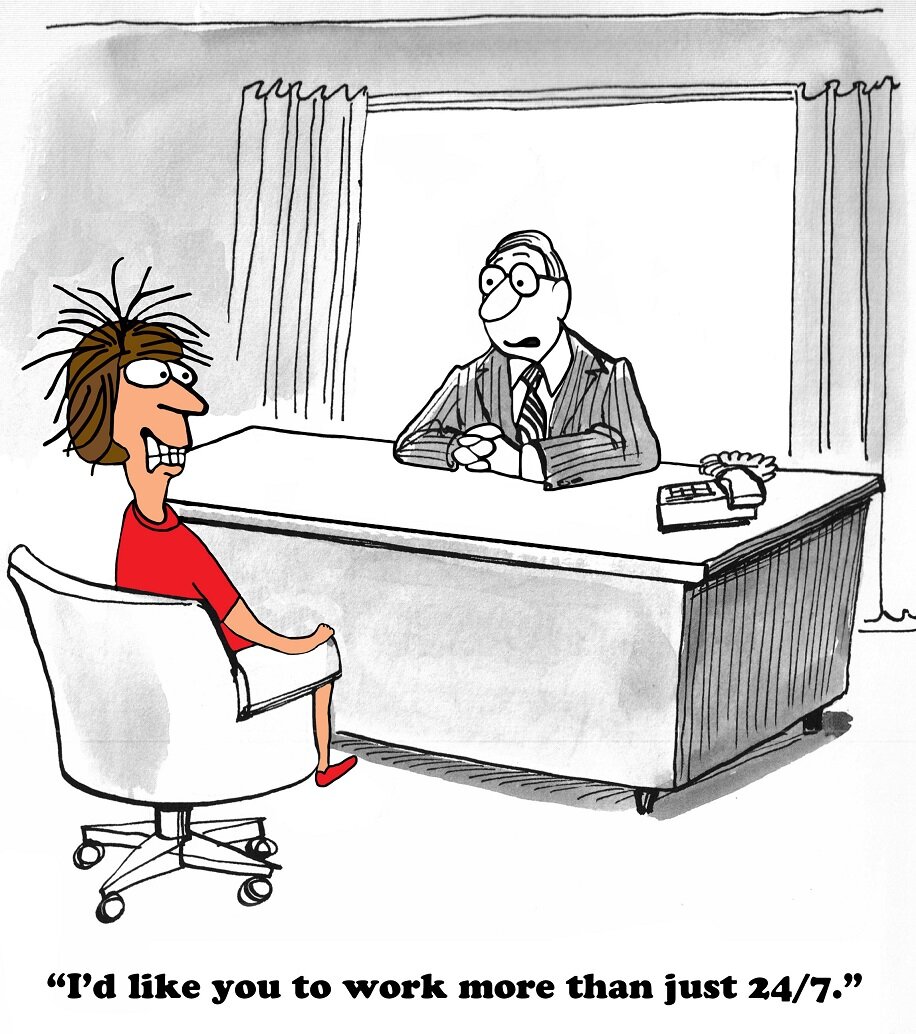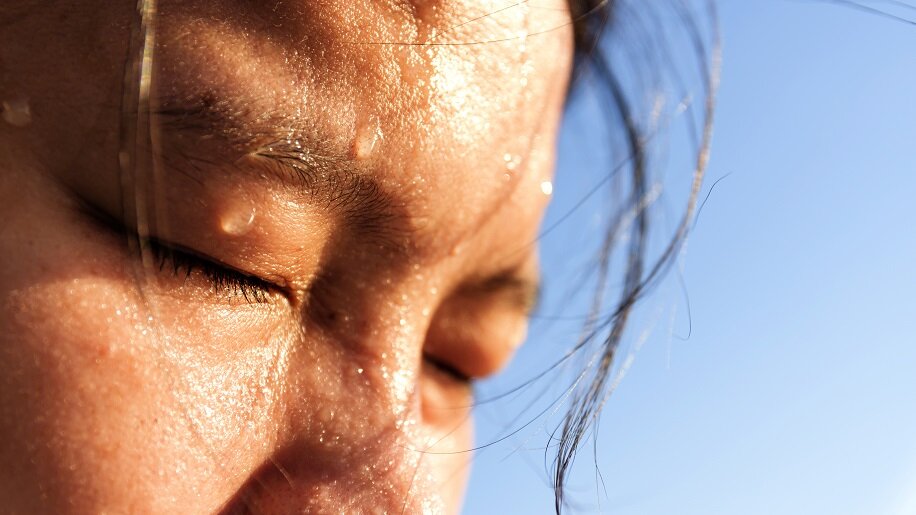Part 3
 We’ve learned about the impact of stress on your workouts, weight loss, and health. I hope I've piqued your interest in finding ways to get it "in check" and explore some s-l-o-w-i-n-g d-o-w-n.
We’ve learned about the impact of stress on your workouts, weight loss, and health. I hope I've piqued your interest in finding ways to get it "in check" and explore some s-l-o-w-i-n-g d-o-w-n. If your body is in continual “rat race against the clock” and “getting things done” mode and you are left with little time to “be,” it's likely you are tapping into your adrenals, which are delivering the stress hormone cortisol to your system (for more on this, see Part 2). You may not even realize that your adrenals are a mess because you aren’t feeling too tired and don’t crave sugar.
If your body is in continual “rat race against the clock” and “getting things done” mode and you are left with little time to “be,” it's likely you are tapping into your adrenals, which are delivering the stress hormone cortisol to your system (for more on this, see Part 2). You may not even realize that your adrenals are a mess because you aren’t feeling too tired and don’t crave sugar.
So what’s the big deal?
Our bodies are meant to be constantly healing. When we train, our muscles split then repair. If you are taxing your adrenal system, your body is not able to repair and heal because it is too busy putting energy where it needs it: calming your stress. When you exercise – especially high intensity cardio – you are not only “feeling the burn,” you are being burned. Literally. Your system cannot take the high intensity cardio or continual intense training sessions on top of a stressed-out body. So, in the short run, it adds fat and stops the repair process it so desperately needs just to live. In the long run, it is just bad for your health. Let’s go back to our friends Janene, Lisa, and Kim.Lisa loves her abs and a*#sses and spin classes, yet admits her elbows and her low back have been bothering her. She knows she should do something about it but she cannot find the time or the right person who won’t sideline her from basically her “only outlet” of the week.While the class feel like the perfect answer to her stressed out lifestyle, they actually can be doing more damage than good. Her system is already taxed to the max. Her body is unable to repair and doesn’t recognize the signals that it is time to scale back, or find a short-term alternative to her class addiction.Janene's runs with her buddies and are a “non-negotiable” appointment in her week. She loves the exercise, but mostly values the connection with friends. The rest of the week is work and then more work.Janene’s hips are tight. She sits for hours at – and to and from – work. Some in fitness will say hips are the key to your fitness...period. Tight hips may lead to a modified gait, possible knee or foot issues. and even neck or shoulder injury, too.In order for her body to repair and heal after her morning runs, Janene needs a store of energy. If her adrenals are pumping out cortisol, the repair process doesn’t happen.These women would both benefit greatly from slowing down. They lead hectic lives. Both view their exercise not only for weight maintenance/loss, but also stress relief. Overdoing cardio can tax that same system both women are already fatiguing. Yes, excessive cardio can hurt you, not help you, especially if you are experiencing some form of annoying or painful injury.Last, Kim. Kim, who has lower back pain, would benefit from some of the 12 tips I offer in Part 4 of this series coming next week. Eight percent of Americans will experience back pain at some point in their lives, and there is scientific evidence that recurring back pain comes from biological, psychological, and sociological factors.Our bodies have different energy systems. It's beneficial to work them all. When you are in a high-intensity cardio zone constantly, you don't have energy to address the other qualities important for health. These are mobility, strength, speed, coordination, balance, vision, etc. Doing a high intensity workout can actually jack up your hormones and increase your overall stress.As weird as it sounds, many people would be better off taking a walk than doing a high intensity cardio class.
Let’s go back to our friends Janene, Lisa, and Kim.Lisa loves her abs and a*#sses and spin classes, yet admits her elbows and her low back have been bothering her. She knows she should do something about it but she cannot find the time or the right person who won’t sideline her from basically her “only outlet” of the week.While the class feel like the perfect answer to her stressed out lifestyle, they actually can be doing more damage than good. Her system is already taxed to the max. Her body is unable to repair and doesn’t recognize the signals that it is time to scale back, or find a short-term alternative to her class addiction.Janene's runs with her buddies and are a “non-negotiable” appointment in her week. She loves the exercise, but mostly values the connection with friends. The rest of the week is work and then more work.Janene’s hips are tight. She sits for hours at – and to and from – work. Some in fitness will say hips are the key to your fitness...period. Tight hips may lead to a modified gait, possible knee or foot issues. and even neck or shoulder injury, too.In order for her body to repair and heal after her morning runs, Janene needs a store of energy. If her adrenals are pumping out cortisol, the repair process doesn’t happen.These women would both benefit greatly from slowing down. They lead hectic lives. Both view their exercise not only for weight maintenance/loss, but also stress relief. Overdoing cardio can tax that same system both women are already fatiguing. Yes, excessive cardio can hurt you, not help you, especially if you are experiencing some form of annoying or painful injury.Last, Kim. Kim, who has lower back pain, would benefit from some of the 12 tips I offer in Part 4 of this series coming next week. Eight percent of Americans will experience back pain at some point in their lives, and there is scientific evidence that recurring back pain comes from biological, psychological, and sociological factors.Our bodies have different energy systems. It's beneficial to work them all. When you are in a high-intensity cardio zone constantly, you don't have energy to address the other qualities important for health. These are mobility, strength, speed, coordination, balance, vision, etc. Doing a high intensity workout can actually jack up your hormones and increase your overall stress.As weird as it sounds, many people would be better off taking a walk than doing a high intensity cardio class.

